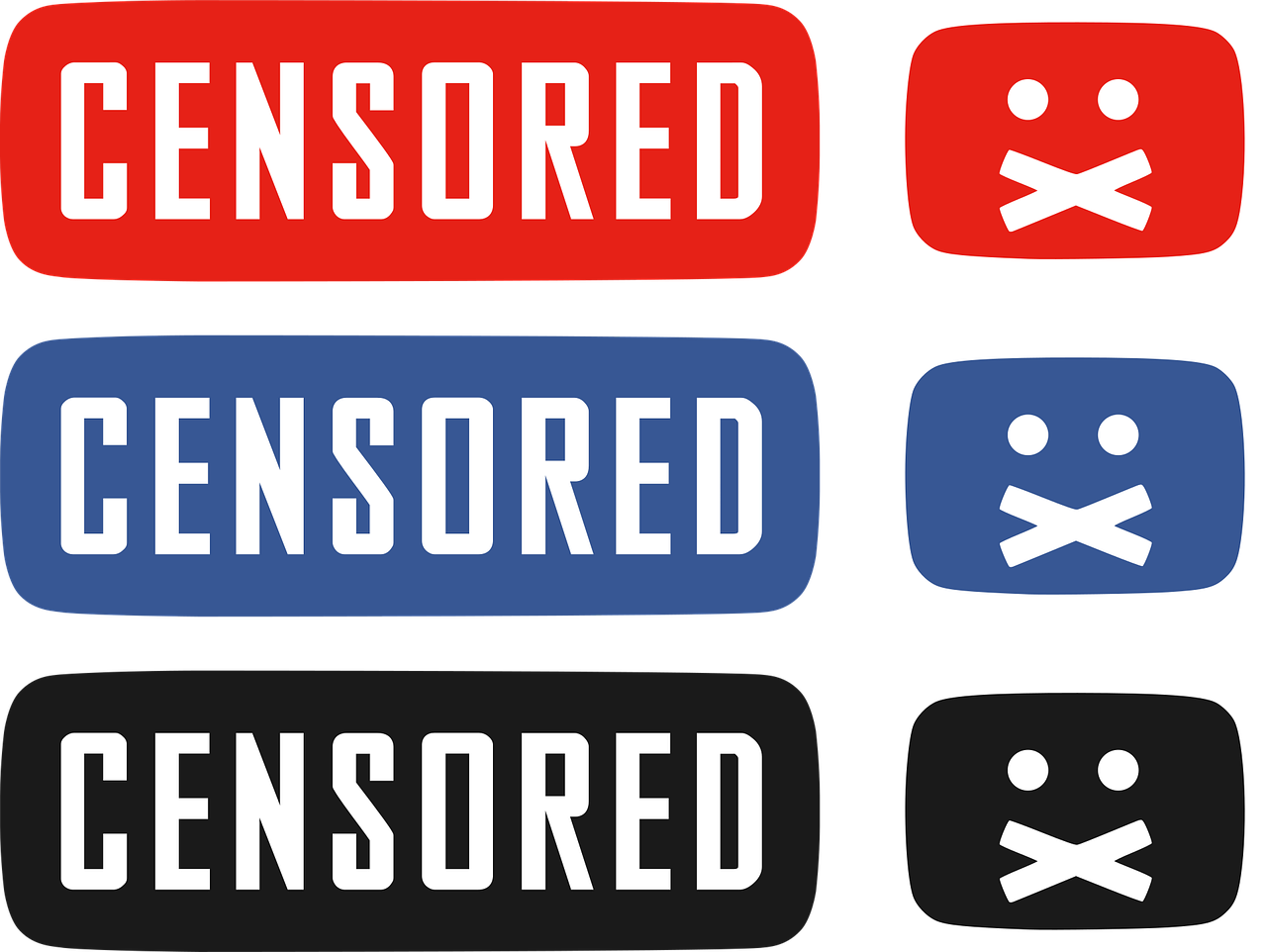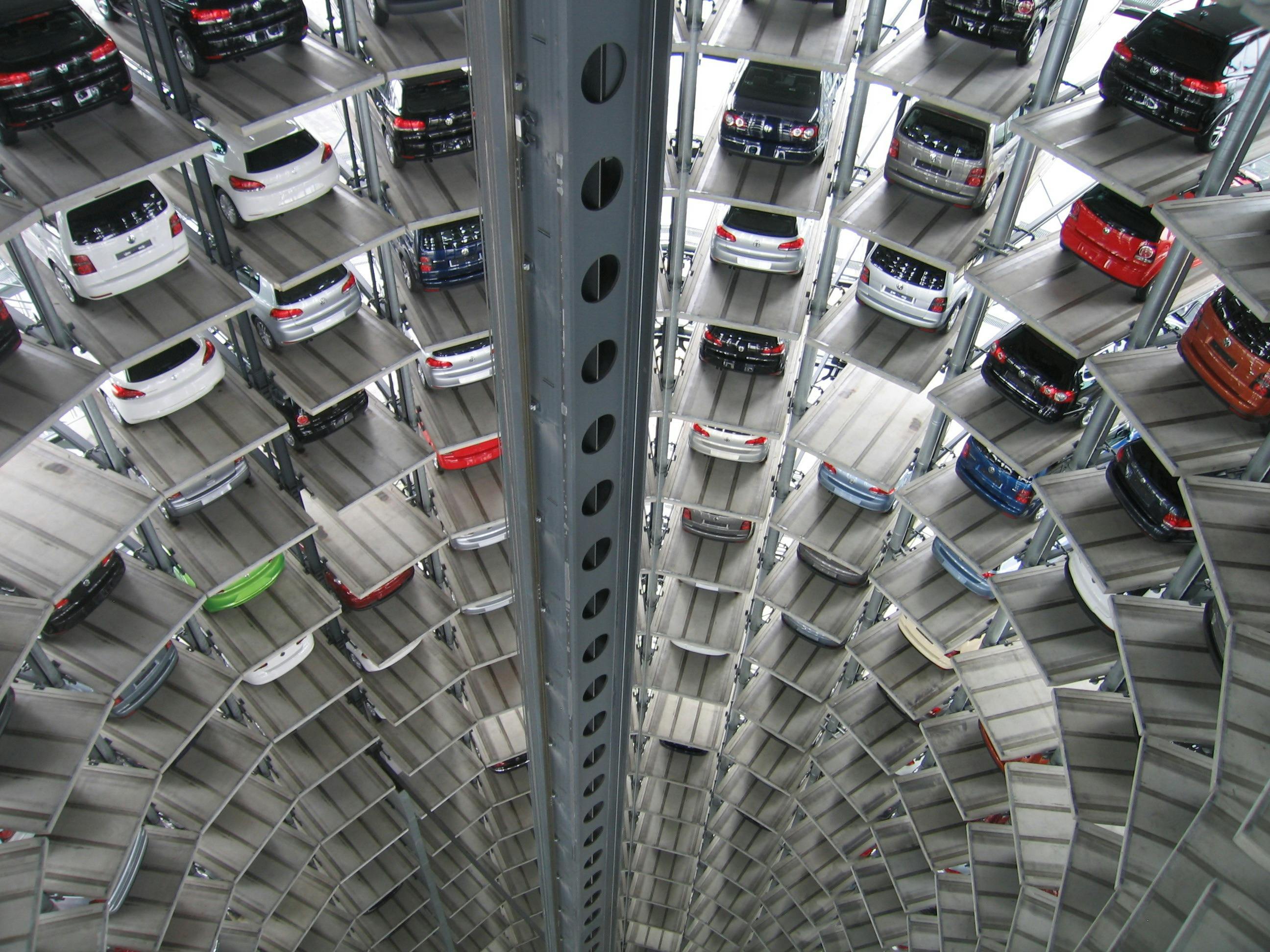The Intricate Dance of Social Media and Democracy
Democracy is a dynamic cultural and political tapestry with deep historical roots, continuously shaped by the progression of technology and society. Over the past decade, one phenomenon in particular has indelibly altered the way democracy functions: social media. In this exploration, we delve into the complex relationship between social media and democracy, tracing its evolution and pondering its implications for the future.

The transformative power of social media platforms like Facebook, Twitter, and Instagram has been a game-changer for democratic societies worldwide. By revolutionizing communication, these platforms have redefined the ways in which individuals engage with each other and with their governments. But what exactly are the consequences of this digital revolution, and how is it shaping our democratic processes? Read below to explore this fascinating topic further.
A Brief History: Democracy Meets Social Media
The advent of social media in the early 2000s marked a new era for democratic processes. Initially designed as platforms for social connection, sites like Facebook and Twitter quickly evolved into powerful tools for political engagement and mobilization. They transformed the landscape of political campaigning, providing politicians and activists alike with a direct line to the public.
The Good Side: Empowerment and Voices Amplified
Social media’s impact on democracy is not all doom and gloom. It has empowered citizens, providing them with a platform to voice their opinions, rally for causes they believe in, and engage in meaningful discussions. The Arab Spring of 2011 and the #MeToo movement are powerful examples of social media facilitating collective action and amplifying marginalized voices.
The Dark Side: Misinformation and Polarization
However, the democratization of information has its downsides. The spread of misinformation and fake news has become a significant concern. Additionally, the echo chamber effect, where people only interact with like-minded individuals, can lead to increased polarization in society.
The Future: Navigating the Challenges
The challenges posed by social media to democracy are substantial, but not insurmountable. Policymakers, tech companies, and society at large must collaborate to find solutions. This could include stricter regulations on misinformation, algorithms promoting diverse viewpoints, and digital literacy education.
Concluding Thoughts: Striking the Balance
In conclusion, while social media presents both significant opportunities and challenges for democracy, it’s crucial to strike a balance. By harnessing the positive aspects and mitigating the negatives, we can work towards a more informed, inclusive, and democratic society.
This exploration illustrates that the relationship between social media and democracy is multifaceted and complex. It is a dance that continues to evolve, with each step having the potential to either enhance or undermine democratic processes. As we move forward, it’s essential to continue scrutinizing this relationship, ensuring that it enriches our democratic societies rather than harming them.




